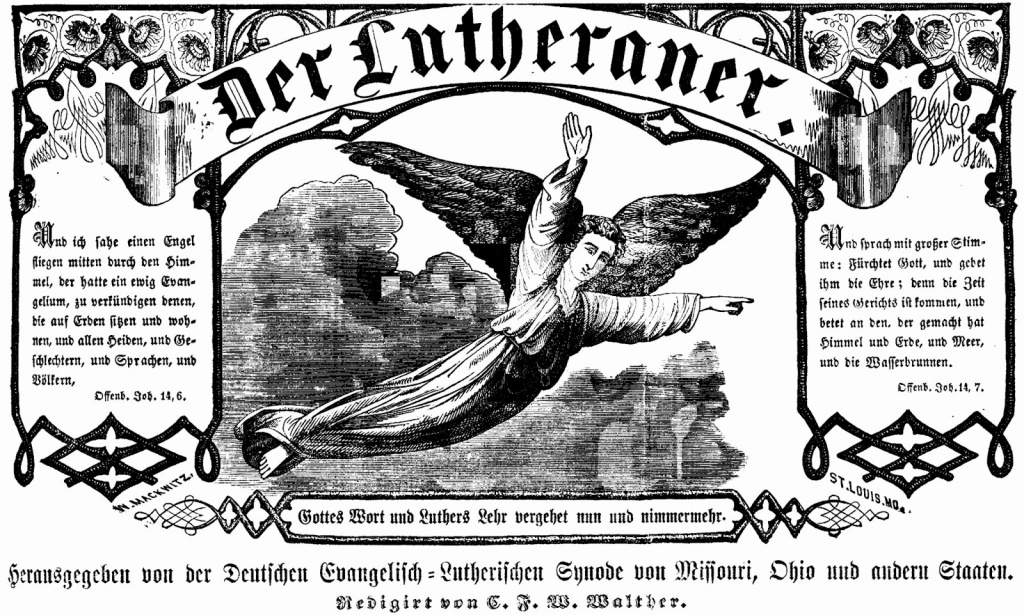The Atlas Frauenordination, which even apart from this is a terrible document, has this written against the ordination of women: “Ordination is no adiaphoron.” With this, the Romanizing SELK has simply reiterated its completely un-Lutheran doctrine regarding the Church. But let us see the justification the German “Lutherans” gave for this. Its best argument (none of them are based on Scripture) is that the Apology is willing to call ordination a Sacrament, and “a Sacrament is no adiaphoron.” Now, are the “conservatives” within the SELK also willing to say that the civil government is a Sacrament? If not, then this strongest argument of theirs (the others are not worth mentioning) proves nothing.
This Romanizing of the SELK is, unfortunately, nothing new. In 2019, the SELK published On Offices and Ministry, which clearly sets forth its false teaching. In the introduction to this document, it is said that “ordinations … are the responsibility of the bishop, the director of missions, the regional deans/provosts (Propst) and the district presidents (Superintendent). They do these in mutual consent.” One can therefore plainly see that the congregations are not even considered in the calling of pastors (for they identify ordination with the calling). Continuing in this vein, the paper continues:
Ordination and a call are therefore absolutely necessary to hold the “office of proclaiming the Gospel and administering the sacraments.”
… A call and ordination are absolute prerequisites.
On page 7, n. 18, we are informed that the SELK is, much like the LC—MS, “a confessional Lutheran body à la Sasse” (see Christian News, July 29, 2013, p. 3). Throughout this paper, we are directed to Das Amt der Kirche, which teaches us that the SELK follows Löhe, as opposed to Walther, Luther, and God Himself. Also, while the previous quotation could perhaps be interpreted so as to leave ordination and the call separate, Das Amt der Kirche (pp. 11, 19 ff.) does not allow this. It is also worth noting that the SELK expresses the opinion, when dealing with the ecumenical movement, “that the condemnations of the 16th century no longer apply today in this point.” There is therefore nothing preventing the SELK from uniting with the Antichrist, which it seeks “further understanding and acceptance” with. For if the Roman Church teaches correctly on the Church, as the SELK maintains it does, then it certainly teaches rightly on all other articles of faith, which the SELK, caught in a contradiction, does not maintain.
Now, contradicting the doctrine of the SELK and much of the LC—MS, Martin Luther, “the leading teacher of the Augsburg Confession,” wrote in 1533 (AE 38, 200; StL XIX, 1272):
Our faith and the Sacrament must not be based on the person, whether he is … consecrated or unconsecrated, called or an imposter, … but upon Christ, upon His Word, upon His office, upon His command and ordinance.
One can plainly see, therefore, that the “confessional Lutherans” in Germany still remain what they once were.





